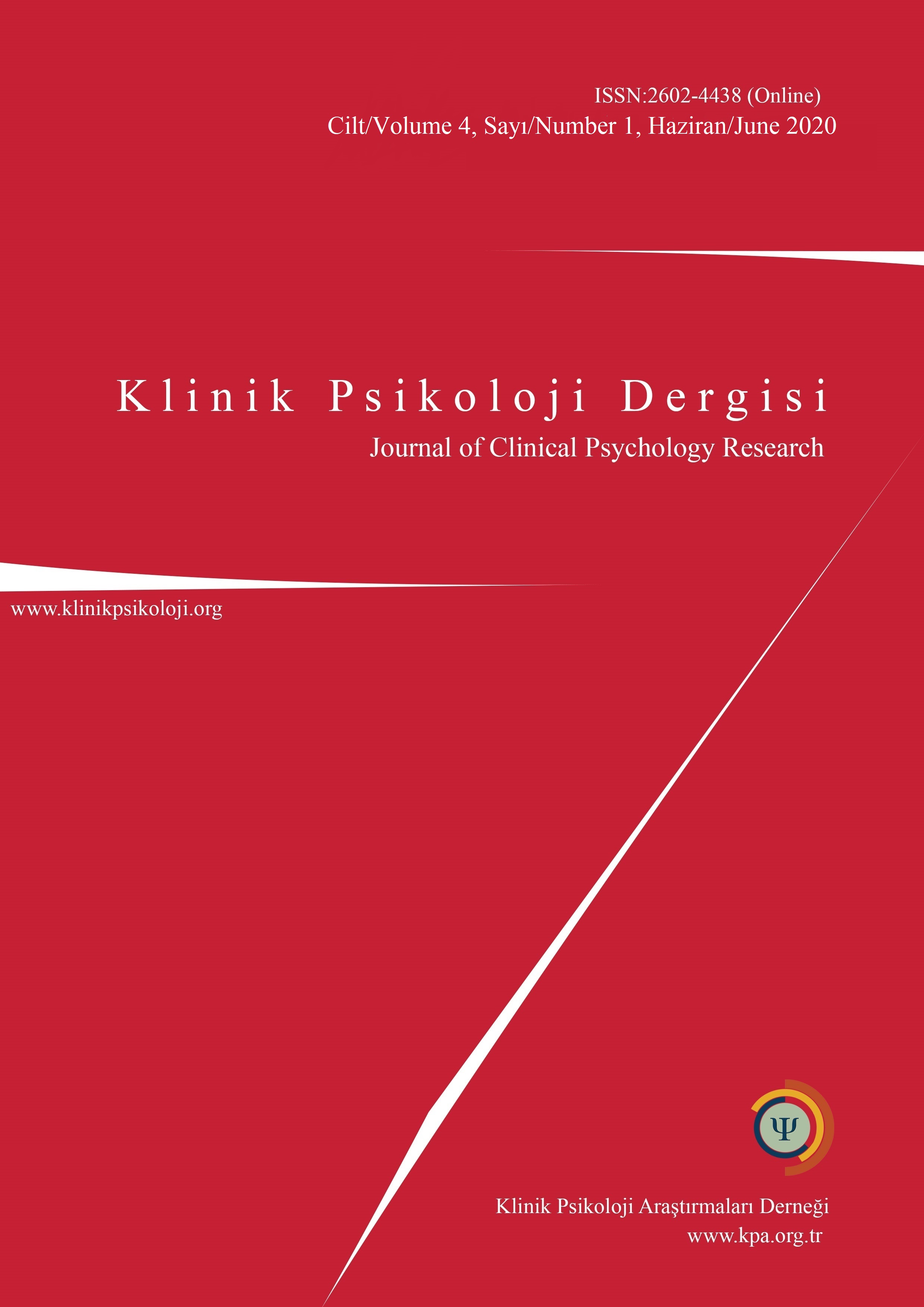Babanın cezaevinde olmasının çocuğun gelişimine ve aile yaşamına etkileri
The effects of paternal incarceration on child development and family life
Author(s): Nilay Pekel UludağlıSubject(s): Psychology, Developmental Psychology, Clinical psychology, Family and social welfare
Published by: Klinik Psikoloji Araştırmaları Derneği
Keywords: prison; father; child development; parent; family;
Summary/Abstract: While the role of the mother has a strong place in the relevant literature on child development, the importance of fathers in healthy social and emotional development of children has started to be understood in recent years. As an extension of this tendency, although there are more fathers rather than mothers in prisons, studies on the effects of father imprisonment on child and family relations are more limited. Within this scope, the effects of father’s being in prison on children and family members, father-child interaction in the prison, intervention studies for this interaction and possible suggestions for a solution were discussed in this review article. Studies show that children whose fathers are in prison try to cope with many sources of stress. On the one hand, these children try to get used to the absence of father; on the other hand, they try to overcome their situations such as labeling, changing living conditions and deteriorating economic conditions. Young children have more difficulty understanding this process. Therefore, they can have unrealistic beliefs such as blaming themselves or thinking that they have been abandoned. In addition, the mother, who was left alone with the father’s imprisonment and whose psychological health deteriorated, could not show an effective parenting to the child and this situation also affects the child negatively. As a result of these situations, both academic and, emotional and behavioral problems are seen more frequently in these children. Maintaining effective communication between child and father in prison has a positive effect on the child’s psychological health and supports the father’s adaptation to his family and society more easily after his release. Having a positive family relationship prevents these fathers from getting involved in crime again. Participation of fathers in prison to intervention programs for parenting skills and better quality father-child interaction provides beneficial results.
Journal: Klinik Psikoloji Dergisi
- Issue Year: 4/2020
- Issue No: 1
- Page Range: 73-85
- Page Count: 13
- Language: Turkish, English

